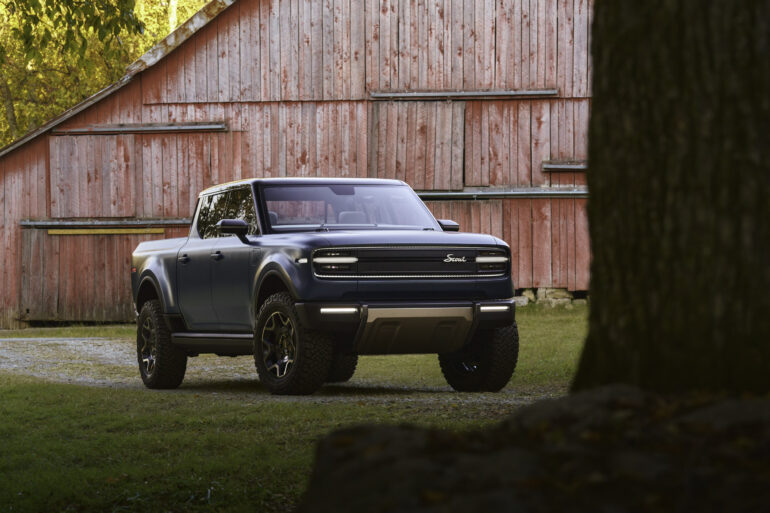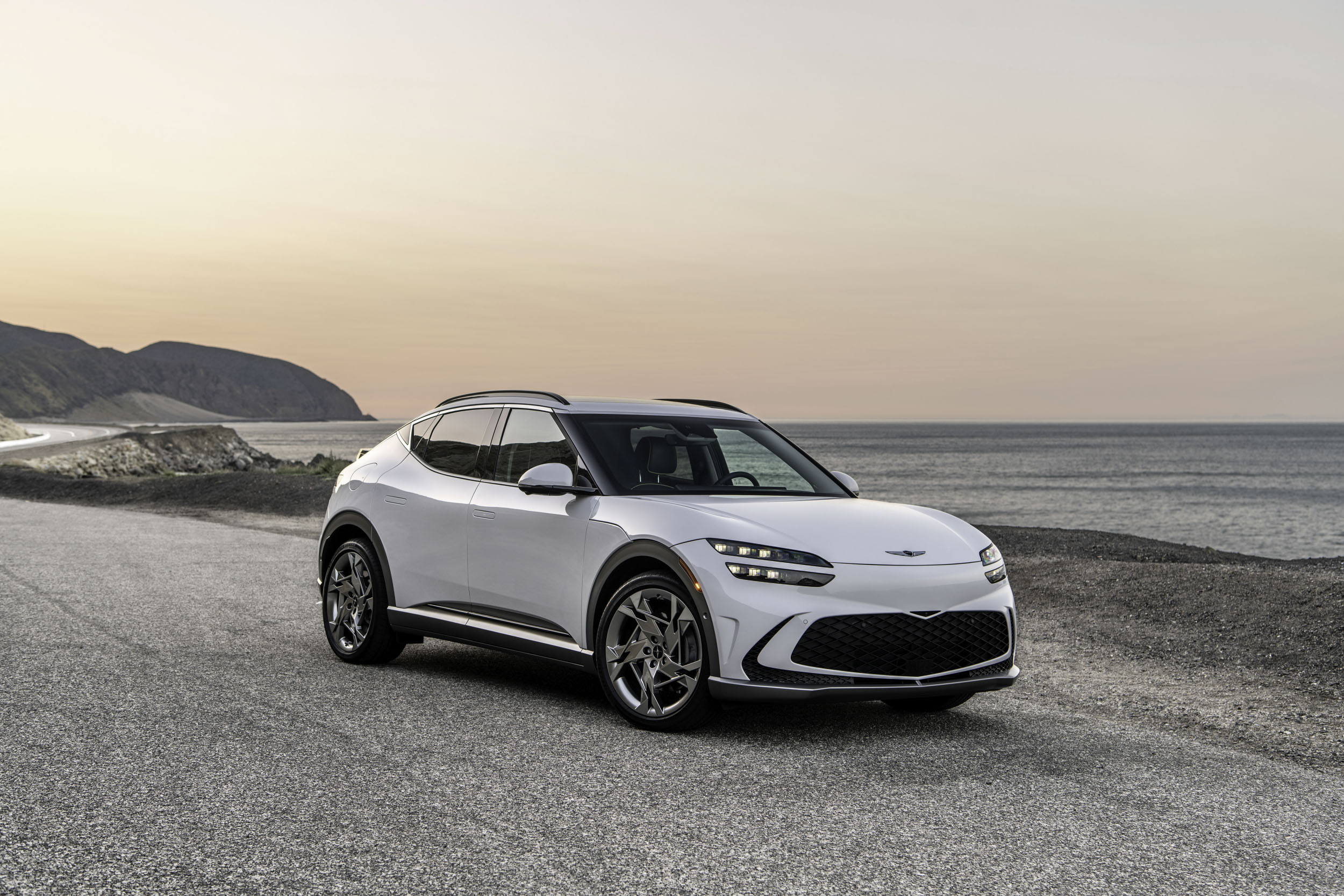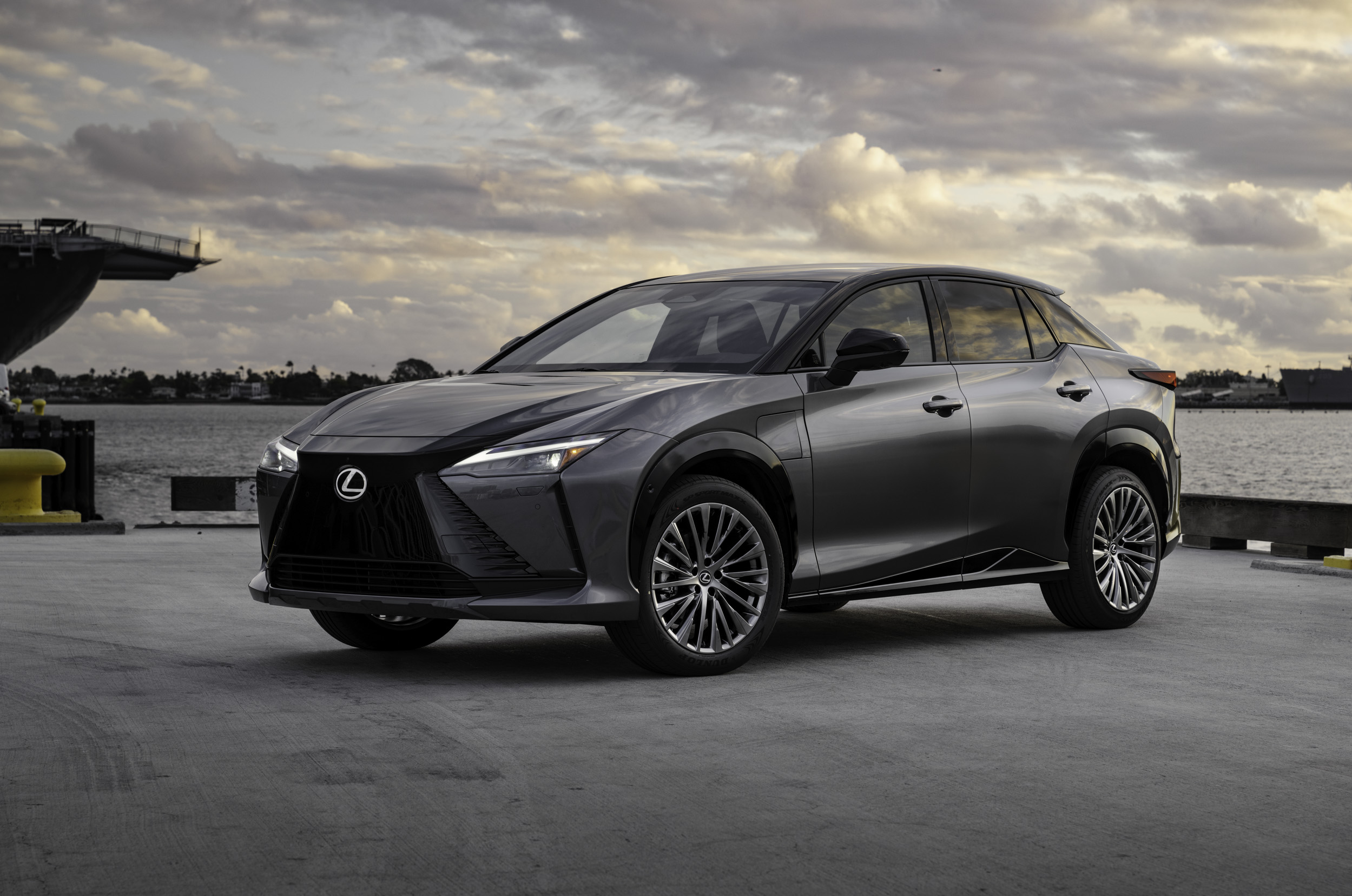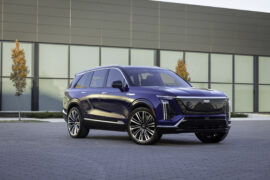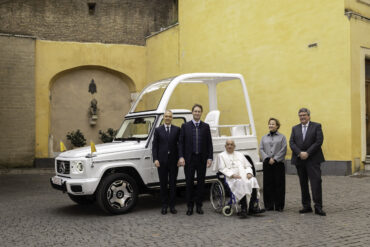Scout EV, Volkswagen Group’s newest electric vehicle brand, has sparked significant frustration among its California dealerships, raising concerns over the state’s dealer franchise laws. California, a hub for EV innovation, is home to dealers questioning VW’s decision to introduce a direct-sales model for Scout. With the rugged Terra pickup truck and Traveler SUV planned for 2027 production, the move has created friction with established franchisees.
According to Automotive News, the California New Car Dealers Association (CNCDA) issued a cease-and-desist letter on December 20 to VW Group and Scout. Representing over 1,200 dealerships statewide, including more than 50 affiliated with VW, CNCDA argues that California law bars automakers from bypassing franchisees through direct sales. Scout, as a VW affiliate, falls under these restrictions, fueling legal and ethical debates.
Dealers claim the direct-sales plan would exclude VW’s existing network—many of whom have long sought a pickup model—from selling or servicing Scout vehicles. Although brands like Tesla, Rivian, and Lucid operate independently-owned stores in California, they don’t share direct ties to major automakers. Rivian, however, has seen its connection to VW deepen following a recent $5.8 billion investment, adding complexity to the debate.
Polestar, a Volvo-affiliated EV brand, has successfully adopted a hybrid approach in California by collaborating with Volvo dealerships for customer service and vehicle maintenance. Such partnerships offer clear benefits by utilizing existing networks instead of building new ones. While Rivian CEO RJ Scaringe recently labeled dealer franchise laws as “close to corruption,” his company’s own service challenges highlight the logistical hurdles of independent networks.

